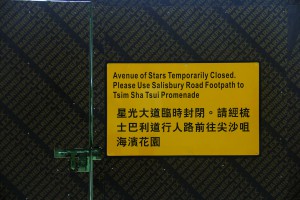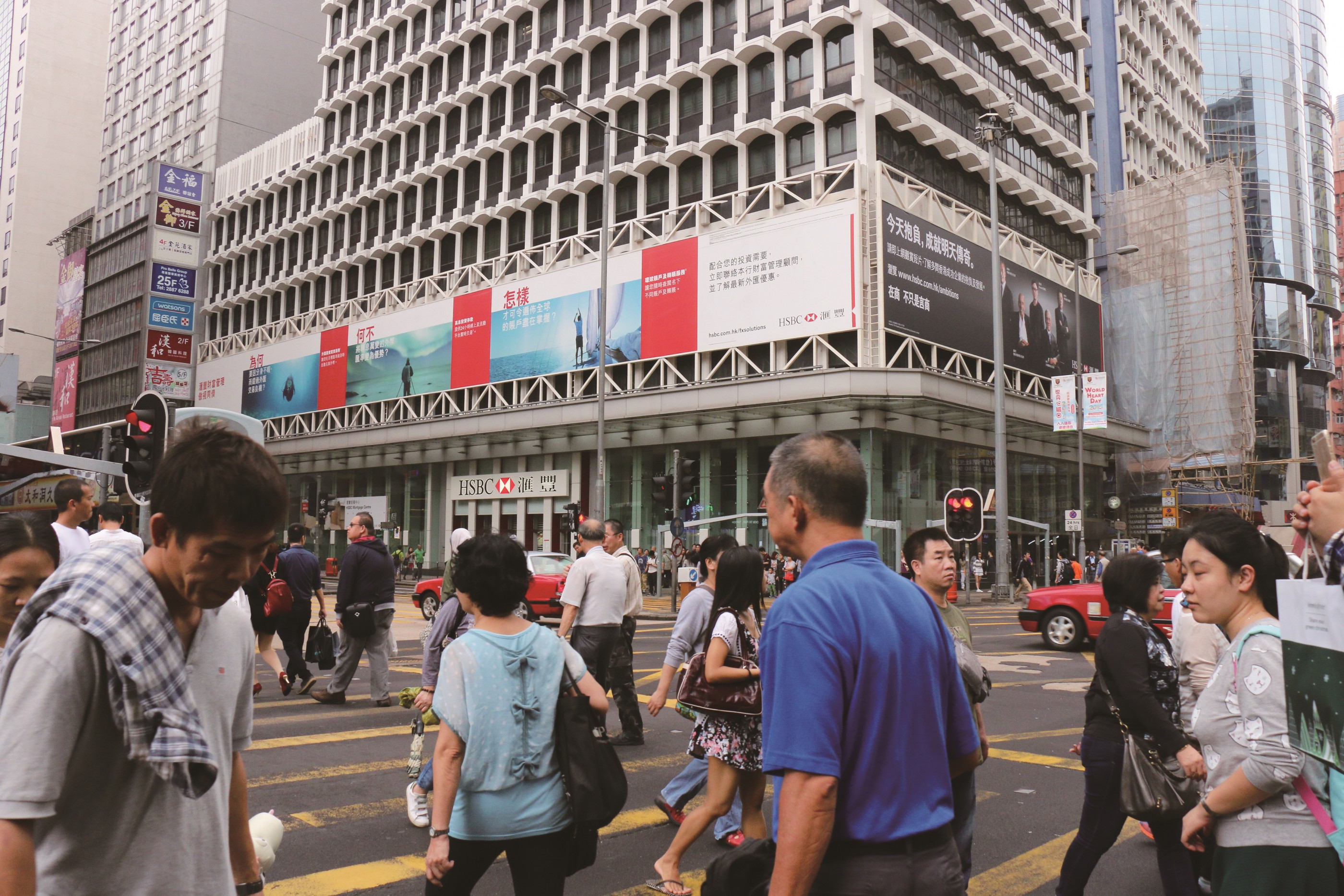Many saw the process as a “fake” consultation. “When the government has a clear stance in a consultation [exercise], people will think the opinions collected won’t be objective, so the consultation won’t be credible, it all becomes meaningless,” says Lai.
Lai says the root of the problem is that the government decides before asking for public opinion. “If the government does not respect the bottom-up approach and makes high-level decisions, all work initiating [public participation] is in vain,” he says.
Katty Law Ngar-ning, a member of the Victoria Harbourfront Concern Group, agrees with Lai’s assessment. She says the government rejected her request to see the management contract for the Avenue of Stars because it would be divulging business secrets. She suspects there is collusion between the government and the developer.
“A building with two floors of restaurants will be added in the new waterfront area,” she says. “We really wonder why such things are added when the waterfront is originally for public relaxation. The project seems to only benefit the developer.”
Although the public is losing faith in the government’s public consultations, some statutory bodies still express opinions that go against the government despite the fact that it has no obligation to follow their advice. Members of these bodies are mostly appointed by the Chief Executive and come from various but relevant related fields. On the Antiquities Advisory Board, there are architects, professors, district councillors, accountants, and representatives from the business field.
Ho Pui-yin, a member of the Antiquities Advisory Board since 2010, says she finds it strange that the board includes members with little connection to the conservation of historic buildings and monuments. She notes the appointed members have political stances and are mostly conservative in the sense that they consider antiquities on the basis of economic value.
Despite the board’s shortcomings, Ho thinks the government’s attitude has changed due to the board’s increasing popularity. Formerly, it was seen as a government-backed body that passed everything placed before it but now the government treats the board as a body from which it seeks opinions. Ho thinks this is because the government does not want board members to explain their opposing arguments to the media.
Ho views public support as a source of power. “I think the Antiquities Advisory Board is leading the public discussion,” she says. “Although we have no legal power and right to formulate policies, we are recognised by the public, which gives us invisible support that pushes us to voice out problems.”
She is relatively optimistic that statutory bodies can influence government decisions in the long term. “The government will not change immediately but we need to persist and tell them the arguments. The more we persuade the government, the less it insists, thus changing the situation,” Ho says. “Society needs to progress slowly.”
As Ho says, it may take time for the government to improve its transparency in distributing information to the media and engaging public participation, but there are communication failures happening now and they have clear causes.
Joseph Wong Wing-ping, 67, who was secretary for the civil service from 2000 to 2006, thinks the problem lies in Hong Kong’s undemocratic political system. Wong says democracy allows citizens to elect their own government and choose important policies through voting for a candidate in an election and participating in public consultations. If the government fails to respond to the general public’s will, it will suffer by losing the next election.
“Yet, even if the Hong Kong government fails to follow the public’s will, it has no consequences, at most a low popularity but not affecting its ruling position,” Wong says. “Without the check on power, something bad is bound to happen.”
Edited by Edith Lin









































